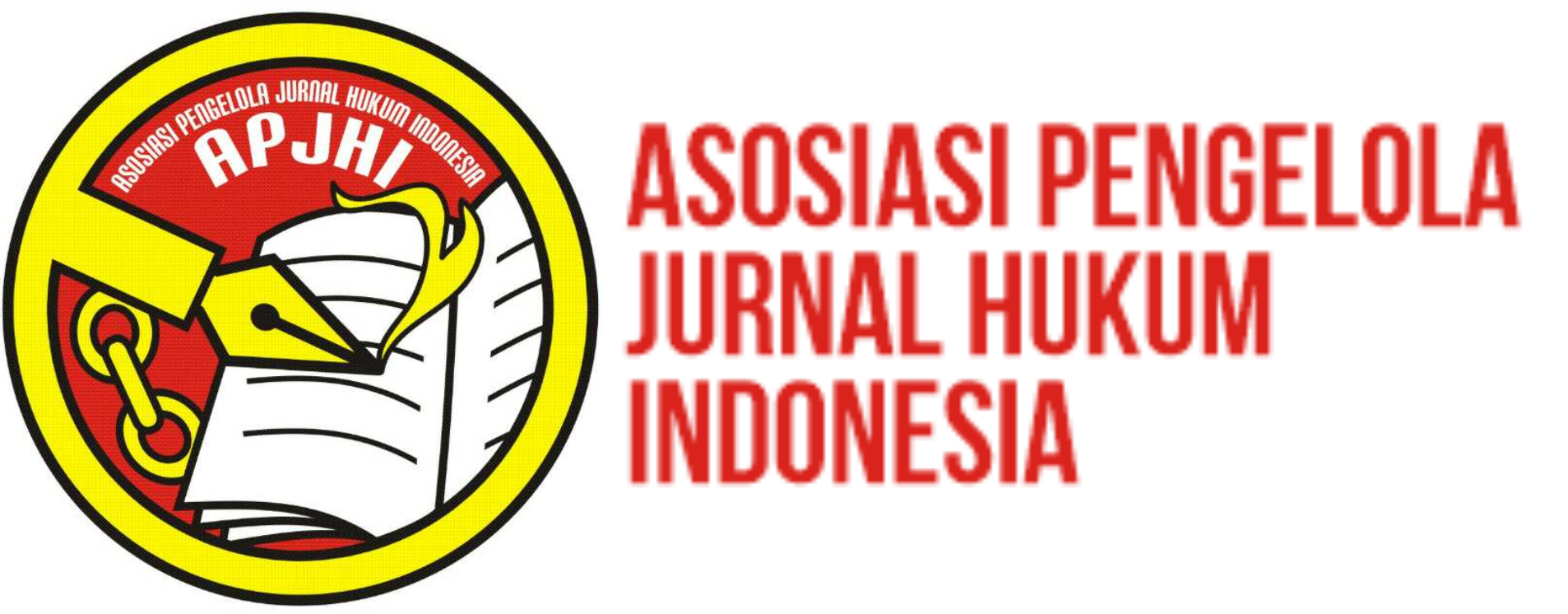PENYELESAIAN SENGKETA ATAS HAK PENGELOLAAN TANAH WADUK ANTAR GAMPONG SECARA ADAT DI KECAMATAN TRING GADENG PIDIE JAYA
Abstract
Full Text:
PDF (Bahasa Indonesia)References
A. Buku
Adrian Sutedi, 2009, Tinjauan Hukum Pertanahan, Pradnya Paramita, Jakarta.
Arie Hutagalung, 1985, Program Retribusi Tanah Di Indonesia/Suatu Sarana Kearah Pemecahan Masalah Penguasaan Dan Pemilikan Tanah, Cet. Ke-I, Rajawali, Jakarta.
Amiruddin, 2003, Pengantar Metode Penelitian Hukum, Raja Grafindo Persada, Jakarta.
Bactiar Effendi, 1993, Kumpulan Tulisan Tentang Hukum Tanah, Alumni, Bandung.
Basrowi Dan Suwandi, 2008, Memahami Penelitian Kualitatif, Rineka Cipta, Jakarta.
Boedi Harsono, 2008, Hukum Agraria Indonesia:Sejarah Pembentukan Undang-Undang Pokok Agrarian, Isi Dan Pelaksanaannya, Djambatan, Jakarta.
Fakultas Hukum Universitas Malikussaleh, 2015, Pedoman Pembelajaran, Lhokseumawe.
Imam Soepomo, 1989, Kamus Besar Bahasa Indonesia Buku Satu, Balai Pustaka Utama, Jakarta.
Joni Emirzon, 2001, Alternatif Penyelesaian Sengketa Di Luar Pengadilan (Negosiasi, Mediasi, Konsultasi & Arbitrase), PT. Gramedia Pustaka Utama, Jakarta.
Jhony Ibrahim, 2005, Teori Dan Metodologi Penelitian Hukum Normative, Bayu Media, Jakarta.
Jonaedi Effendi dan Hohny Ibahim, 2018, Metode Penelitian Hukum:Nomatif Dan Empiris, Kencana, Jakarta.
J. Suprapto, 2003, Metode Penelitian Hukum dan Statistik, Rineka Cipta, Jakarta.
Kartini Muljadi & Gunawan Widjaja, 2007, Seri Hukum Harta Kekayaan:Hak-Hak Atas Tanah, Kencana, Jakarta.
Lexy J. Moleong, 2013, Metode Penelitian Kualitatif, Remaja Rosdakarya, Bandung
Manan Marlini, 1988, Hak Pengelolaan Tanah Negara, BPHN Departemen Kehakiman, Jakarta.
Maria S. W. Sumardjono, 2001, Kebijakan Pertanahan antara Regulasi dan Implementasi, Buku Kompas, Jakarta.
Mulyo Putro, 2002, Pluralisme hukum dan Penyelesaian Sengketa di Luar Pengadilan, Fokusmedia, Bandung.
Rosnidar Sembirin, 2017g, Hukum Penyelesaian Sengketa Hak Atas Tanah Adat Di Simalungun, CV. Dharma Persada, Padang.
Rusmadi Murad, 1991, Penyelesaian Sengketa Hukum Atas Tanah, Alumni, Bandung.
Sahnan, 2016, Hukum Agraria Indonesia Cetakan ke-1, Setara, Malang.
Suhaimi Arikunto, 2013, Manajemen Penelitian, Rineka Cipta, Jakarta.
B. Peraturan Perundang-Undangan
Undang-Undang Dasar Negara Republik Indonesia Tahun 1945.
Kitab Undang-Undang Hukum Perdata (KUHPerdata)
Undang-Undang Nomor 5 Tahun 1960 tentang Peraturan Dasar Pokok–Pokok Agraria.
Undang-Undang Nomor 30 Tahun 1999 tentang Arbitrase dan Alternatif Penyelesaian Sengketa
Peraturan Menteri Negara Agraria/Kepala Badan Pertanahan Nasional Nomor 1 Tahun 1999 tentang Tata Cara Penanganan Sengketa Pertanahan.
Undang-Undang Nomor 39 Tahun 1999 tentang Hak Asasi Manusia.
Qanun Aceh Nomor 9 Tahun 2008 tentang Pembinaan Kehidupan Adat Dan Istiadat
DOI: https://doi.org/10.29103/jimfh.v5i2.6797
 Article Metrics
Article Metrics
 Abstract Views : 258 times
Abstract Views : 258 times
Refbacks
- There are currently no refbacks.
Copyright (c) 2022 nur aini, herinawati herinawati, muhibuddin muhibuddin

This work is licensed under a Creative Commons Attribution-ShareAlike 4.0 International License.
Universitas Malikussaleh
E-ISSN : 2798-8457



